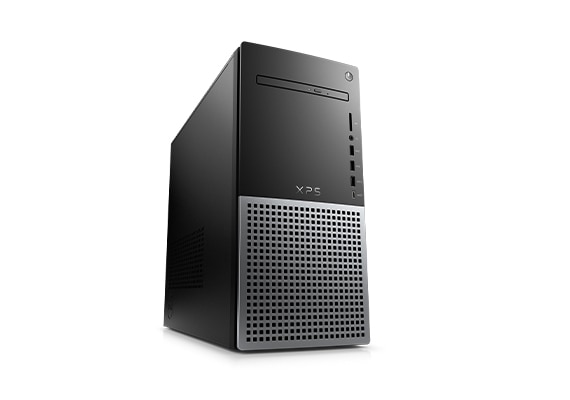NAwlins Contrarian
Forum Pro
My ancient Dell desktop worries me that it's on its last legs. I'd appreciate your advice on buying its replacement. I run DxO PhotoLab and its more computationally-intensive noise reduction, and occasionally edit some video, but I don't play video games or think I need a ton of computing power. Nevertheless, I want to buy something that will be functional for a decent number of years. In the past I've bought Dell towers because (1) I figure that is a reasonable guaranty of pretty good basic hardware, (2) if something goes wrong, that's my best chance of help, and (3) they've been reasonably expandable / upgradeable. In most of them, I've installed upgrades at various times over their lives: more memory, a Blu Ray drive, etc. Currently Dell does not appear to offer precisely what I want, maybe at least without spending a ton of money. So I'm thinking maybe I buy a basic Dell and then plan to install some things myself right away. However, I'm not confident that's the best approach. Yes, I realize Dell won't support problems with things I install, or plausibly caused by things I install, at least unless I buy the parts from them.
I'm resigned to Windows 11, very likely Home (don't think I have a real need here for Professional), even though I might prefer W10 at the moment. I figure I need an i5, maybe an i7, probably 16 GB of RAM.
I figure an SSD for a boot drive, and maybe for program installation, makes sense, but I probably want about a 2 TB hard drive for data. Is 256 MB enough for the SSD, or do I really want 512 MB? Currently my Program Files is 18 GB and Program Files (x86) is 14 GB. Any further specification issues there? I figure I could buy an enterprise-grade 2 TB hard drive and add it myself without too much trouble. Do you agree?
I'd like to have video capability to do things my old Dell won't do, like run the Topaz AI software or support a UHD monitor, hopefully plus some sort of 10 bit and/or HDR--not sure precisely what I need. The Dell options for most of these are Intel UHD Graphics 730 and Intel UHD Graphics 770; is that enough? Or do I need to spend for something more?
I really want an optical drive. Any reason not to remove the Blu Ray drive that I installed in the current computer and install it in the new one?
Any other must-do advice? Thanks!
I'm resigned to Windows 11, very likely Home (don't think I have a real need here for Professional), even though I might prefer W10 at the moment. I figure I need an i5, maybe an i7, probably 16 GB of RAM.
I figure an SSD for a boot drive, and maybe for program installation, makes sense, but I probably want about a 2 TB hard drive for data. Is 256 MB enough for the SSD, or do I really want 512 MB? Currently my Program Files is 18 GB and Program Files (x86) is 14 GB. Any further specification issues there? I figure I could buy an enterprise-grade 2 TB hard drive and add it myself without too much trouble. Do you agree?
I'd like to have video capability to do things my old Dell won't do, like run the Topaz AI software or support a UHD monitor, hopefully plus some sort of 10 bit and/or HDR--not sure precisely what I need. The Dell options for most of these are Intel UHD Graphics 730 and Intel UHD Graphics 770; is that enough? Or do I need to spend for something more?
I really want an optical drive. Any reason not to remove the Blu Ray drive that I installed in the current computer and install it in the new one?
Any other must-do advice? Thanks!

